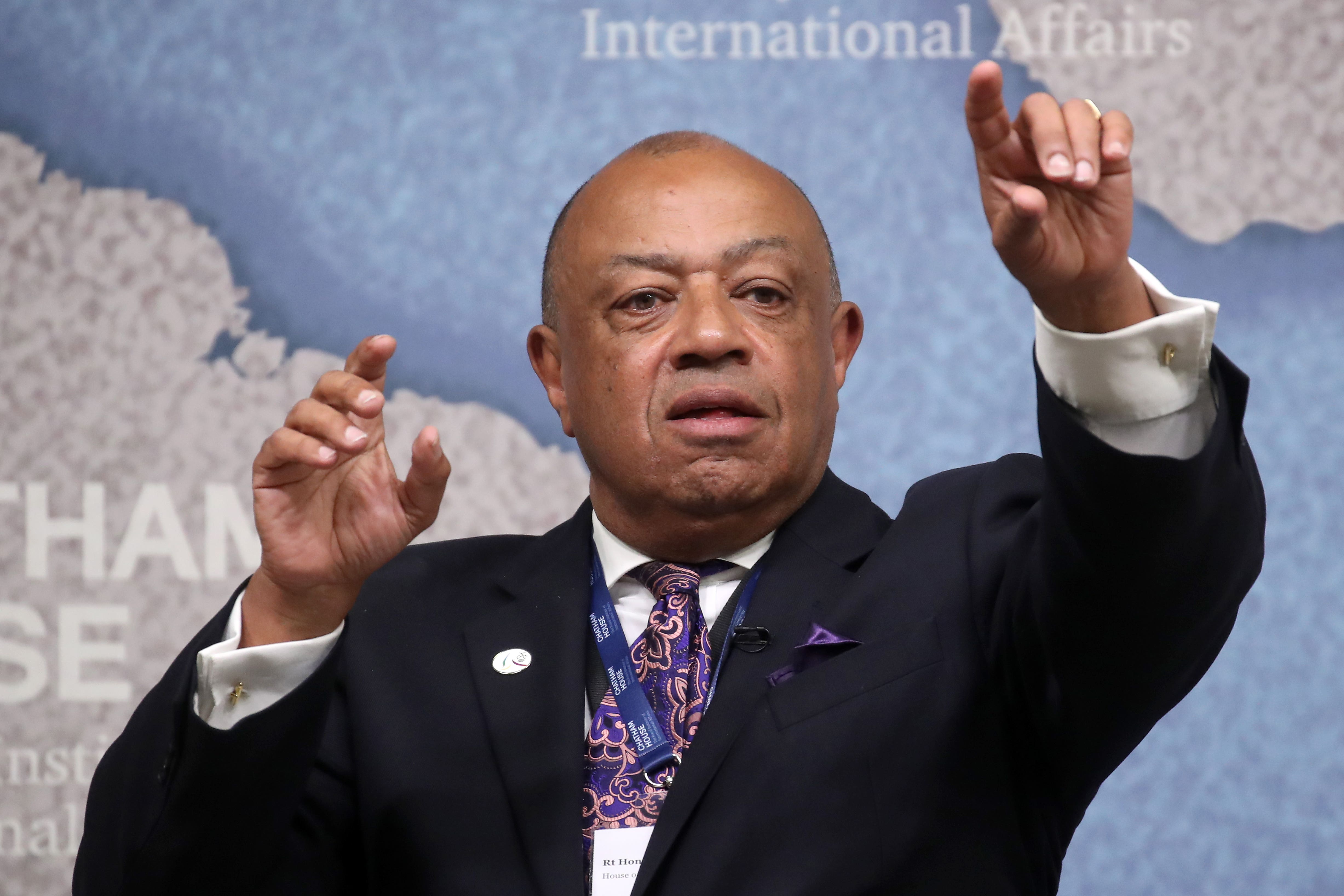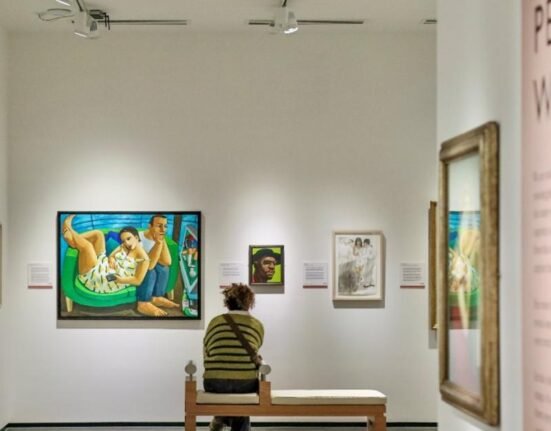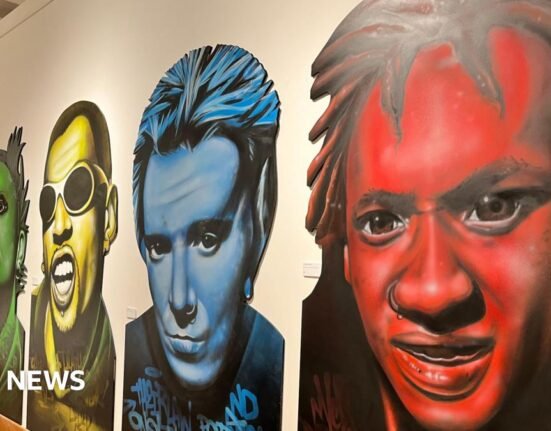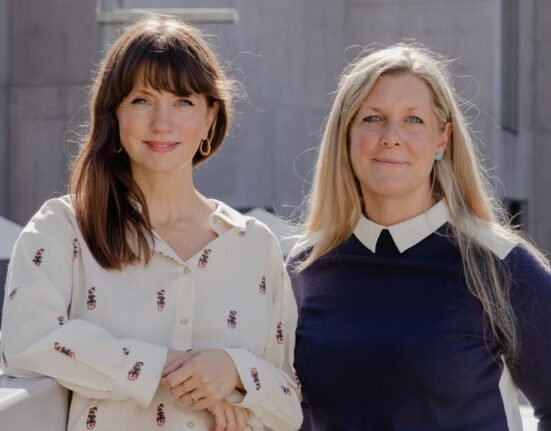A peer has called for a change in law amid an outcry over the “grossly disrepectful” auction listing of human and ancestral remains, including shrunken heads and skulls, from across the world.
Skulls from the Ekoi people of West Africa, shrunken heads from the Jivaro people of South America and a horned human skull from the Naga people of India and Myanmar were among more than 20 items listed for sale by Swan Fine Art in Tetsworth, Oxfordshire.
But after condemnation from groups, including the Forum for Naga Reconcilation (FNR) which called it an act of dehumanisation and cononial violence, the auction house removed the items from sale.
Lord Paul Boateng, who is also honorary president of the All-Party Parliamentary Group for Africa, told The Independent that the initially proposed sale was “outrageous and grossly disrespectful”.
The collection, named The Curious Collector Sale, included the 19th-century horned human skull from the Naga, listed with a price of up to £4,000.

“The commoditisation and objectifying of people of colour even in death are simply unacceptable in the 21st Century,” said Lord Boateng, who became Britain’s first Black cabinet minister under Labour in 2002.
Stating that laws should be introduced to tackle this issue, Lord Boateng added: “If the industry won’t address this issue by strengthening their guidelines it will be necessary to legislate to bring an end to such sales.
“If we legislate to prevent the sale of dead coral, we should legislate to prevent the sale of dead Africans and indigenous peoples. All humanity is sacred and should never be treated as a collectable curiosity.”
FNR, a group of church leaders and civil society members in the northeast Indian state, also criticised the “dehumanising practice” of selling indigenous ancestral remains as items for “curious collectors”.
Nagaland’s chief minister also urged the Indian government to intervene.
“The auction highlights the impunity that descendants of European colonisers enjoy as they perpetuate a racist, colonial and violent depiction of Naga people,” the FNR said in a statement.
Jabeer Butt, chief executive of the Race Equality Foundation, told The Independent that the remains should be repatriated.
“The obscenity of the continuing sale of human remains is shocking in itself, but when this is overlaid with colonial exploitation, this potential sale is particularly distressing,” he said.
“The resolution to this should be to return these items to their countries of origin”.
This is not the first time that UK auctioneers have sold human remains from ancient communities from around the globe.
Earlier this year, The Independent revealed that Semley Auctioneers, based in Dorset, was advertising Ancient Egyptian people’s skulls for an estimate of up to £300 in a move described as unethical and “sickening” by academics and campaigners.
At the time, Labour MP Bell Ribeiro-Addy described the sale of the remains as “sickening” and a “perpetuation of a dark legacy of colonialism”.
“It is a gross violation of human dignity and an affront to the memory of those whose lives were unjustly taken, or whose final resting places were desecrated,” she said.
Laura Van Broekhoven, director of the Pitt Rivers Museum in Oxford, wrote on X/Twitter that it was “outrageous to auction ancestral and human remains”.
“Completely unethical. Human remains from Naga, Shuar, Dayak, Solomon Islands and also Nigeria, Congo, Benin, PNG, … Please Stop this Auction,” she wrote.
The museum currently possesses 214 pieces of Naga ancestral remains, according to a member of its Recover, Restore and Decolonise team, and the institution is considering items for repatriation which “may take anywhere between eight to 15 years”.
In 2020, the Pitt Rivers Museum removed its collection of human remains as a part of a “decolonisation process” after 80 years of displaying them.
The Independent has contacted the Swan Fine Art and the Department for Culture, Media and Sport for comment.







